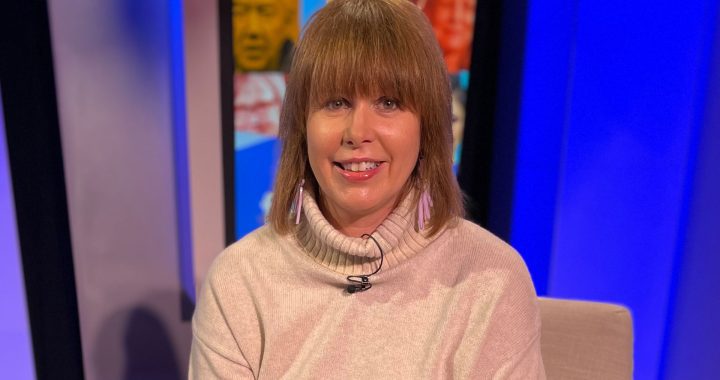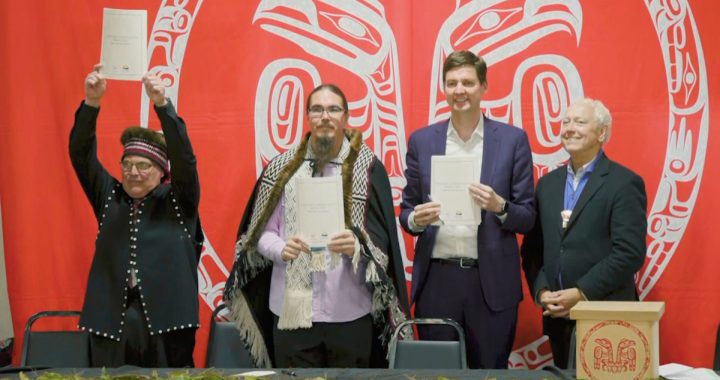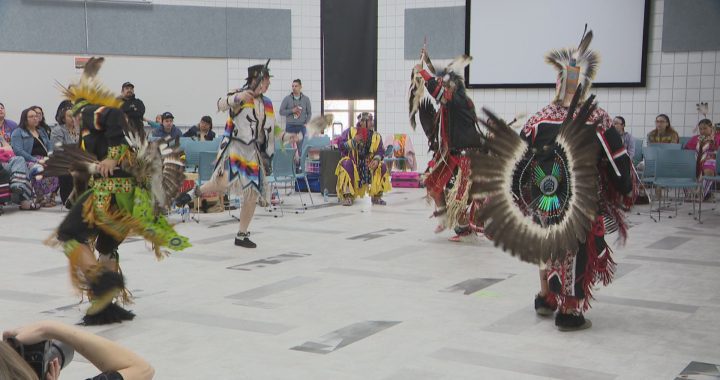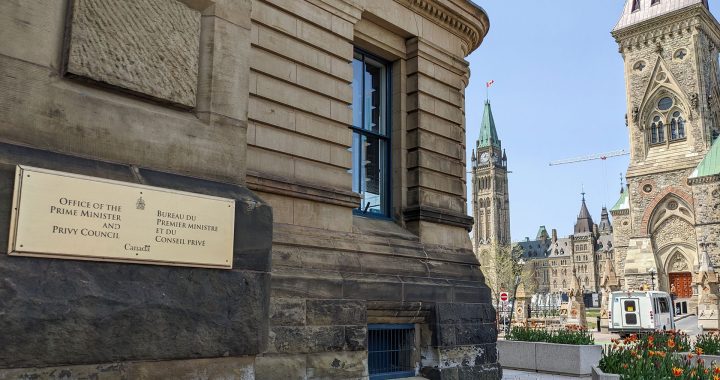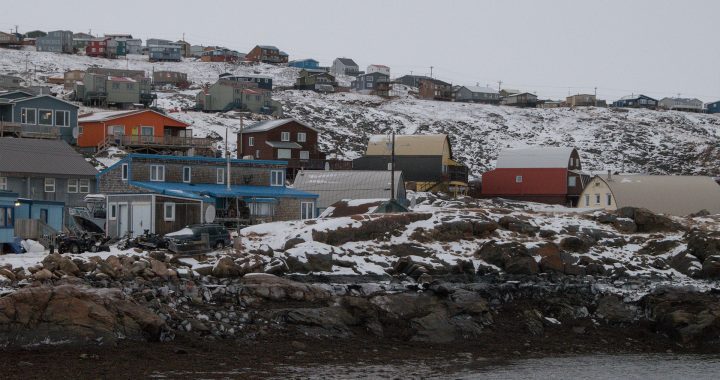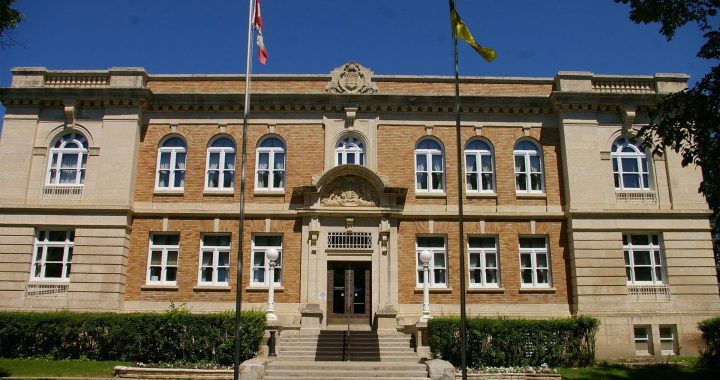Brandi Morin and Jorge Barrera
APTN National News
Climate change negotiations were set to continue into the Paris night Friday amid an unfolding battle over including a reference to Indigenous peoples in the final text of the expected global agreement.
Chief Wilton Littlechild, who recently returned from Paris, said he was hopeful the final text of the climate change agreement would include a reference to Indigenous people.
Littlechild, whose experience in UN negotiations stems back to his time helping to write the UN Declaration on the Rights of Indigenous Peoples, said there’s been a back and forth between countries as to what to include in the final agreement.
“Yesterday (Thursday) we were in serious danger of (a reference to Indigenous peoples) being deleted, but now we are back in,” said Littlechild, in an interview with APTN National News.
A report Friday from a delegate in Paris stated the reference to Indigenous peoples was still in limbo, but negotiations were expected to continue into the night.
Representatives from about 150 countries, along with about 40,000 delegates from about 195 countries, are currently negotiation a new global agreement on climate change at the United Nations Framework Convention on Climate Change (COP21) in Paris. Part of the negotiations aim to create a global agreement on climate change so the planet’s warming does not surpass 2C above temperature levels that existed before the industrial revolution.
Indigenous peoples in Canada are already feeling the brunt of environmental changes caused by climate change. Canada is currently warming at twice the global average, but warming is occurring at an even higher rates in the North.
The Yukon, Northwest Territories and Nunavut are already starting to notice extensive permafrost melting which creating increasingly widespread infrastructure problems.
As part of a wider change in tone, Canada has been one of the leading global voices on the importance of including Indigenous peoples in proposed solutions to combat climate change. Prime Minister Justin Trudeau was only one of two world leaders to mention Indigenous peoples during speeches at the conference, said Littlechild.
Littlechild said Canada and the U.S. both supported the reference to Indigenous peoples in the text. When the paragraph that included the reference was expanded to include human rights, women’s rights, gender rights and a mention of “occupied territories,” the U.S. and other states began to express resistance.
The move threatened to basically sever the reference to Indigenous peoples from the text, said Littlechild.
Then a proposal was put on the table to move a reference to Indigenous peoples into the preamble of the text’s final agreement, which Littlechild said would have allayed some of the concerns.
“There were some states who did not want to refer to collective rights, then that meant deleting Indigenous peoples rights,” said Littlechild. “So there was a lot of negotiating strategies that were being adopted by a number of states. At the end of the day Canada supported our position that it should be the rights of indigenous peoples.”
Littlechild said negotiations still have a long way to go.
The chair of the Inuit Circumpolar Council (ICC) Okalik Eegeesiak, one of delegates attending COP21 on behalf of the Inuit in Paris said climate change is not just an environmental issue, but also one about human rights.
“The melting of the Arctic is impacting all aspects of Inuit life therefore the final text must make the rights of Indigenous peoples operative and keep it in….We have the right to be cold” said Eegeesiak, in a statement.
A First Nations woman representing her home community of Beaver Lake Cree Nation in Alberta as an Indigenous delegate also expressed concern with the way things were unfolding. She said the removal of the operative paragraph in Article 2.2 signified the erasure of the existence of Indigenous peoples and front line communities.
“Here we sit on the outside as the worlds states debate and decide where our rights fit,” said Crystal Lameman. “The issue we take as Indigenous peoples is that our rights are founded in the rights of nature which is the essence of who we are and the very existence of our ways of knowing and being …We belong in this treaty, we have a place in this discussion. Our future and that of our children is not up for negotiation.”
The negotiations are expect to conclude on Dec. 11. The climate change talks began in earnest on Nov. 30.
@songsterss22
@JorgeBarrera




